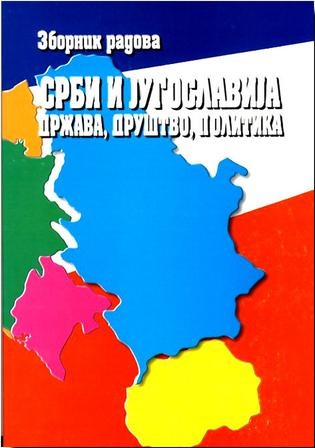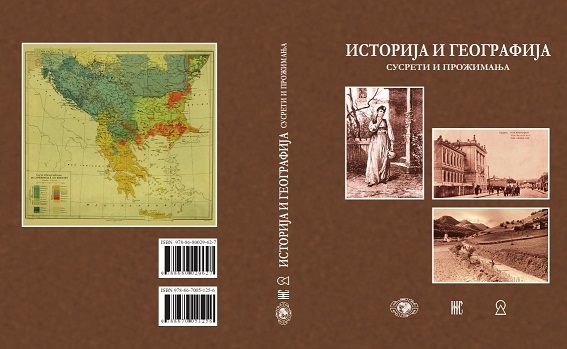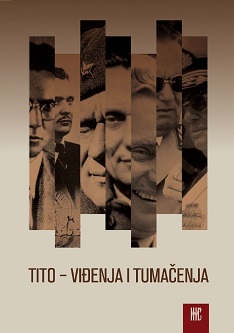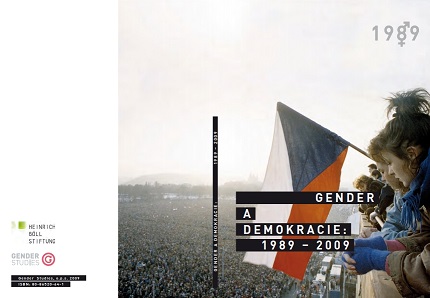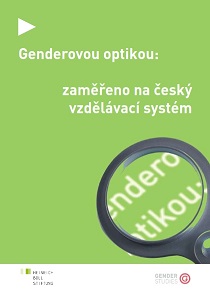
Преплитање патријархалности и модерности: утицај политичких и друштвених промена на живот жене у Србији током друге половине 20. века
The interweaving of patriarchal and emancipatory values in Serbian society during the second half of the twentieth century was manifested in various social segments, shaping the everyday life of women and affecting their lifestyle habits and practices. However, the overcoming patriarchal social inhibitions in socialism were not comprehensive at all. Тhe essential continuities of patriarchal value system and their rootedness in everyday life were often concealed underneath formal changes facilitated by the state. On the other hand, many strongholds of social inequalities have collapsed during the socialist Yugoslavia and Serbia, while the effects of emancipatory politics were evident in many spheres of life. The socialist model of development and transformation led to changes, primarily in the domain of formal gender relations, as well as in education and women employment policy. Regardless of this, an unequal participation of men and women in family chores has survived which produced a gender inequality again, leading to further conflicts regarding the role of a working woman. The coexistence of traditional and modern forms, values and behavior, had more conspicuous demarcation in distinction between urban and rural, among other things. Finally, the apparent differences between the urban and rural women life have remained almost the same even in socialist period.
More...
